Building a successful website involves more than designing pages and clicking publish. You need a clear strategy to address common website ranking challenges, from technical setup to content quality. In this guide, we’ll explore nine reasons why sites fail to rank well in search results and share actionable solutions to improve SEO rankings. Apply these search engine optimization tips to drive organic search traffic, overcome competitive hurdles, and boost your visibility in Google’s results.
A brand-new site won’t appear at the top overnight—this is one of the most common website ranking challenges. Search engines need time to crawl, index, and evaluate your pages. During this initial period, focus on publishing high-quality articles that address your audience’s needs. Consistent content creation and backlink outreach will help you improve SEO rankings over weeks and months. While waiting, track your progress using Google Search Console, and refine your keyword strategy to align with realistic opportunities for organic search traffic.
If your pages lack focused, informative content, Google can’t determine their purpose—another key website ranking challenge. Craft each page around a single topic, using your target keywords strategically in headings and body text. Your goal is to improve SEO rankings by making your content instantly understandable to both users and search algorithms. Use clear, descriptive titles and subheads, and weave your primary keyword phrase naturally 4–5 times throughout the text. Relevant internal links also guide crawlers and distribute link equity, boosting your chances to rank for those terms.
No indexing means no ranking. If search engines haven’t crawled your pages, they won’t appear in results—one of the simplest yet most overlooked website ranking challenges. Use Google Search Console to verify that your important URLs are indexed, and fix any crawl errors or ‘noindex’ tags preventing discovery. Submitting an up-to-date XML sitemap helps search engine optimization by guiding bots to all your published content. Regularly audit your index coverage to maintain complete visibility and drive steady organic search traffic to your site.
Manual actions and algorithmic penalties can derail your rankings if you violate Google’s guidelines. This severe website ranking challenge often stems from thin content, unnatural links, or user-generated spam. Check the Manual Actions report in Google Search Console to detect issues. Once identified, remove or disavow harmful backlinks, improve thin pages with richer content, and address any security problems. Recovery takes persistence, but resolving penalties is essential to improve SEO rankings and regain lost organic search traffic.
Going head-to-head with established sites on broad, high-volume keywords can be an uphill battle—one of the toughest website ranking challenges. Instead, target long-tail phrases with lower competition and clearer intent. For example, swap “shoes” for “best running shoes for marathons.” By focusing on niche terms, you can improve SEO rankings faster and capture valuable organic search traffic from motivated buyers seeking exactly what you offer.
SEO success depends on delivering more value than your competitors—a core SEO best practice. Analyze the top-ranking pages for your target keywords and identify gaps in their content. Then, create comprehensive, engaging articles that address those gaps, offering deeper insights, case studies, and actionable tips. By producing content that truly helps readers, you’ll naturally attract backlinks and improve SEO rankings, turning a common website ranking challenge into a strategic advantage.
High-authority backlinks remain one of the strongest ranking signals. Without them, you’ll lag behind sites with better link profiles—another key website ranking challenge. Identify relevant industry websites and offer to contribute guest posts, share research, or collaborate on resources. Focus on relationships that earn natural, contextual links rather than spammy directory listings. This approach elevates your domain authority and helps you improve SEO rankings across competitive keyword groups.
Thin or duplicate content can severely hamper your rankings. Review low-value pages and either remove, merge, or expand them into comprehensive pillar pages that cover topics in depth. Use multimedia elements like images, infographics, and video embeds to increase engagement. By enhancing content quality, you align with modern SEO best practices and boost organic search traffic—turning a major website ranking challenge into a clear path for growth.
Page speed is a direct ranking factor and crucial for user satisfaction. Slow-loading sites face higher bounce rates and lower SEO performance—a persistent website ranking challenge. Test your pages with Google PageSpeed Insights or GTmetrix, then implement optimizations like image compression, code minification, and browser caching. Consider a CDN to serve assets globally. Faster pages not only please visitors but also help you improve SEO rankings across all target keywords.
SEO is an ongoing process, not a one-time fix. To sustain high rankings, regularly audit your site for technical issues, refresh content with updated data and examples, and adapt to algorithm changes. By methodically addressing each of these nine SEO challenges—new site patience, clear content signals, proper indexing, penalty recovery, keyword focus, competitive content, backlink authority, pillar page strategy, and page speed optimization—you’ll see steady gains in organic search traffic and improve SEO rankings. Embrace these strategies for SEO best practice as part of your routine, and your website will rise above the competition.
For a comprehensive primer on search engine optimization directly from Google, see the SEO Starter Guide.
Why Your Website Isn’t Ranking: 9 SEO Challenges and Solutions
New Sites Require Time to Gain Trust
Unclear Content Signals Confuse Google
Recover from Google Penalties
Recover from Google Penalties
Tackle Competitive Keywords Strategically
Outperform Competitors with Superior Content
Build Authority with Quality Backlinks
Upgrade Thin Content to Pillar Pages
Accelerate Your Site with Fast Loading Speed

Mastering SEO Best Practices
Website Ranking Challenges: SEO Solutions for Success

